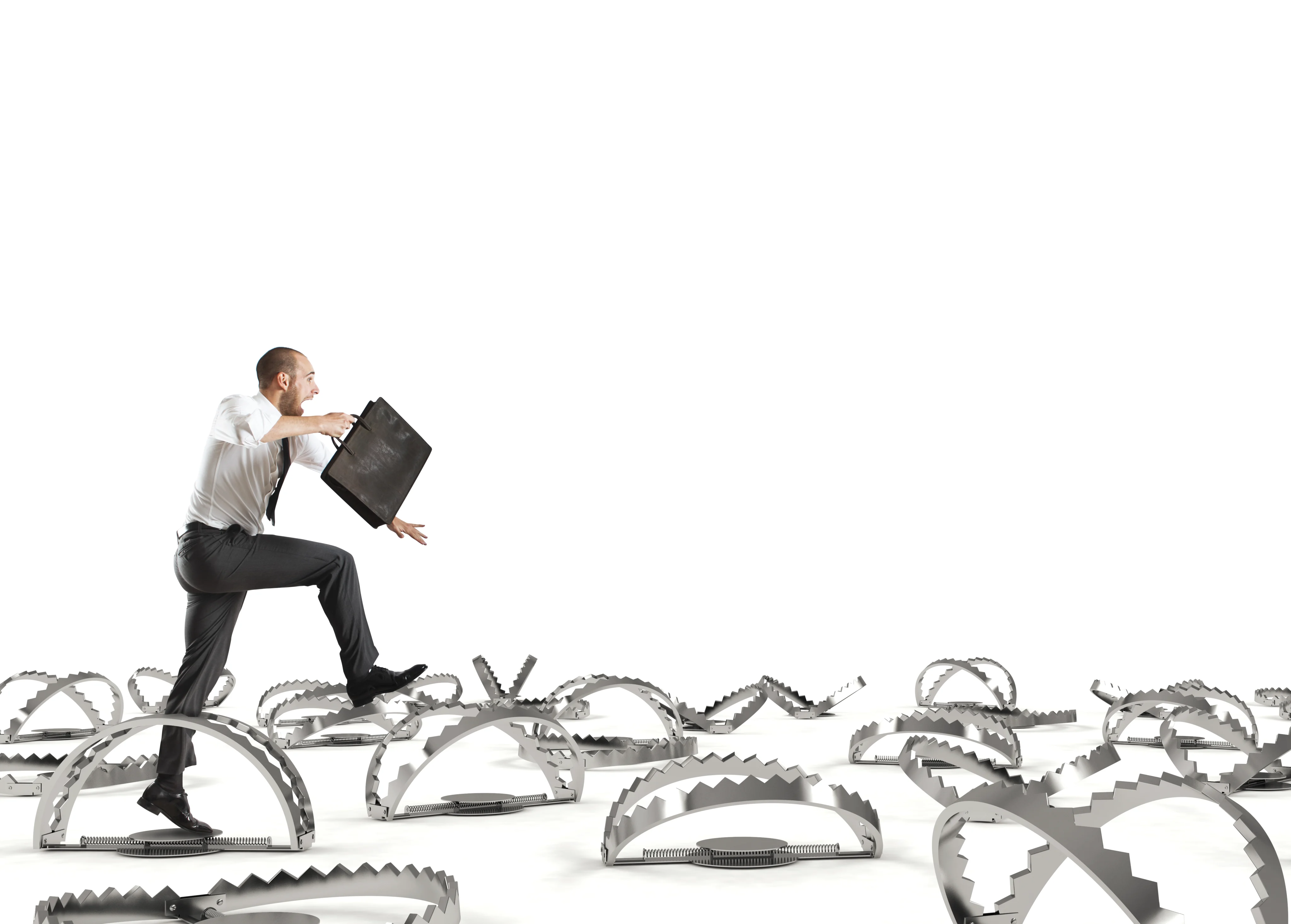Albert Einstein once said that “the only sure way to avoid making mistakes is to have no new ideas.” When it comes to certain areas like food safety, this is the ideal mindset to have. There are food safety best practices for a reason and you don’t want to get creative with the health and safety of your patrons.
If you're in a role that involves serving, handling or preparing food, you need to ensure food safety is one of your top priorities. To help with this, here are some common mistakes to avoid.
- Poor Hand Hygiene
This is one of the most common mistakes you’ll see out there. Proper handwashing is one of the best things you can do to prevent foodborne bacteria and viruses. If you’re a food handler, wash your hands thoroughly with soap and water for at least 20 seconds before handling food, after using the restroom, after handling raw food and in between tasks. The more often, the better.
- Cross-Contamination
You might know that keeping raw and cooked food separate is important, but do you know why? Cross-contamination could occur, which is when harmful microorganisms are transferred from one surface to the other, contaminating the food. To avoid this, you should not only keep raw and cooked foods separate, but also use separate cutting boards, utensils and storage containers for them. Also, clean and sanitize surfaces regularly.
- Improper Storage
Temperature is important when it comes to food storage, as it prevents bacteria growth. A good target temperature for refrigerators is 40°F or below, while freezers should be at 0°F or below. Test regularly to ensure your foods are being stored at the proper temps.
- Undercooked/Overcooked Food
Cooking food eliminates harmful bacteria that could be hiding and ensures the safety of your guests. It’s generally known that undercooking is a big risk, as it might leave harmful microorganisms alive. But overcooking can also ruin the nutrient value and texture of the food, so you don’t want to overdo it. Follow recommended cooking temps to find the right balance.
- Ignoring Food Expiration Dates
Spoiled food also causes serious health risks. Pay attention to expiration dates and discard anything that is spoiled or past its expiry date. This is why proper labeling and organizing with food storage is so important.
- Inadequate Cleaning/Sanitizing
Finally, make sure you’re cleaning and sanitizing properly. Everything from surfaces to utensils and equipment accumulates bacteria and contaminants over time, so try to implement a regular cleaning and sanitizing schedule to maintain a safe and hygienic food preparation environment.
These are just a few of the potential safety mistakes food handlers can make. To learn more and get your food handler certification, enroll with American Course Academy today.

